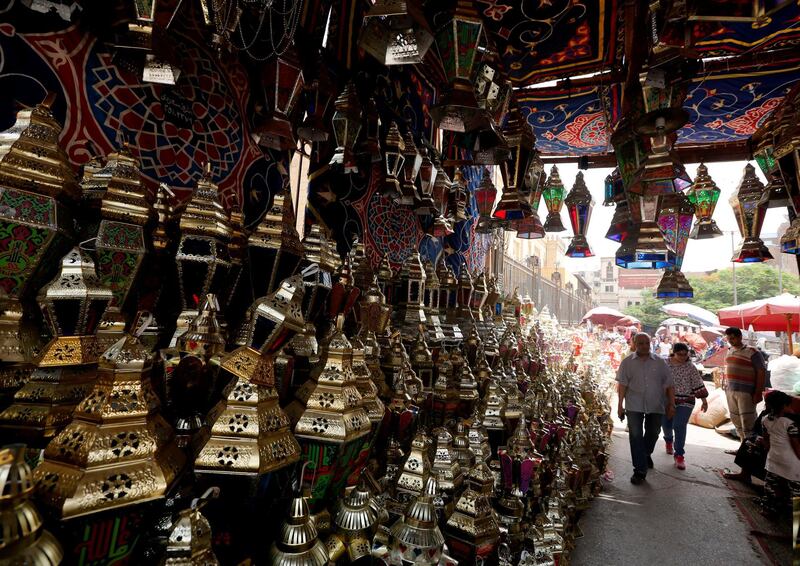Egypt’s non-oil sector private economy, roiled in recent years by political and economic turmoil in the Arab world's most populous country, showed signs of stabilisation in April, according to a key gauge.
Emirates NBD’s Egypt Purchasing Managers’ Index rose to 50.1 in April from 49.2 in March. A reading above 50 in the purchasing managers' index – a composite indicator designed to give an overview of operating conditions in the non-oil private sector economy – suggests growth, while a reading below 50 suggests a contraction. The survey is sponsored by Dubai's biggest lender, Emirates NBD, and produced by IHS Market.
__________
Read More:
[ Egypt PMI slips in March as inflationary pressure crimps demand ]
[ Egypt inflation falls sharply as currency devaluation impact eases ]
__________
“[The] Index for Egypt breached the 50 level for only the second time in 31 months in April, indicating that the non-oil private sector is finally starting to contribute to the positive growth story underway in the country,” said Daniel Richards, the Middle East and North Africa economist at Emirates NBD.
“We anticipate that the PMI will be more consistently positive over the coming quarters as ongoing economic reforms and loosening monetary policy encourage greater private sector activity.”
The input cost inflation also eased to the weakest since May while charge inflation was at a four-month low. The slowdown in the rate of price inflation comes after a massive surge in the wake of the steep devaluation of the Egyptian pound in November 2016.





